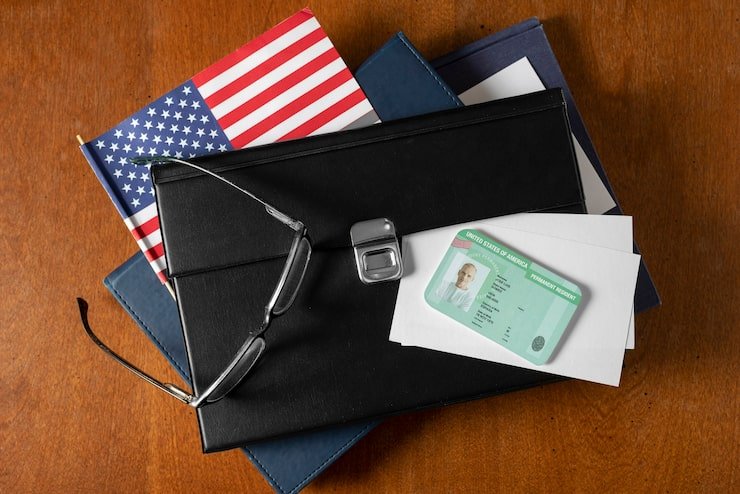Iran Condemns U.S. Travel Ban Calls It “Deep Hostility” Toward Muslims
Iran has sharply criticized the latest U.S. travel ban, calling it a clear sign of hostility toward Iranians and Muslims. The Islamic Republic responded after U.S. President Donald Trump issued a proclamation barring entry to citizens from 12 countries, including Iran.
A senior official from Iran’s Foreign Ministry posted a statement on the X platform (formerly Twitter), condemning the decision. “This move clearly shows the deep hostility of American decision-makers U.S. Travel Ban toward the Iranian people and Muslims,” the official said. He also argued that the ban violates international law and targets individuals based solely on their religion and nationality. Iran warned that such discriminatory measures could escalate global tensions.
Trump Defends the U.S. Travel Ban as a Security Measure
Trump announced the new restrictions on Wednesday. He claimed the ban was necessary to protect the country from foreign terrorists and other threats. The order takes effect Monday at 12:01 a.m. EDT and blocks travelers from Afghanistan, Myanmar, Chad, Congo, Equatorial Guinea, Eritrea, Haiti, Iran, Libya, Somalia, Sudan, and Yemen.
In a video posted to X, Trump stated, “We will not allow people to enter our country who wish to do us harm.” He noted that the list could change and that more countries could be added if needed.
Observers have compared this ban to Trump’s 2017 travel restrictions, which also targeted Muslim-majority nations. That earlier policy faced lawsuits and widespread criticism. Although the Supreme Court eventually upheld a revised version, critics accused the administration of using security as a cover for religious bias.
This ban is part of a wider immigration crackdown under Trump’s second term. His administration has deported hundreds of Venezuelans to El Salvador over alleged gang ties. It has also tightened visa rules for international students, including cancellations and denial of enrollment.
The latest directive also places partial restrictions on people from seven more countries: Burundi, Cuba, Laos, Sierra Leone, Togo, Turkmenistan, and Venezuela.
Human rights groups and foreign governments have condemned the policy. They argue that banning people based on nationality or religion could deepen global divisions and damage diplomatic relations.











